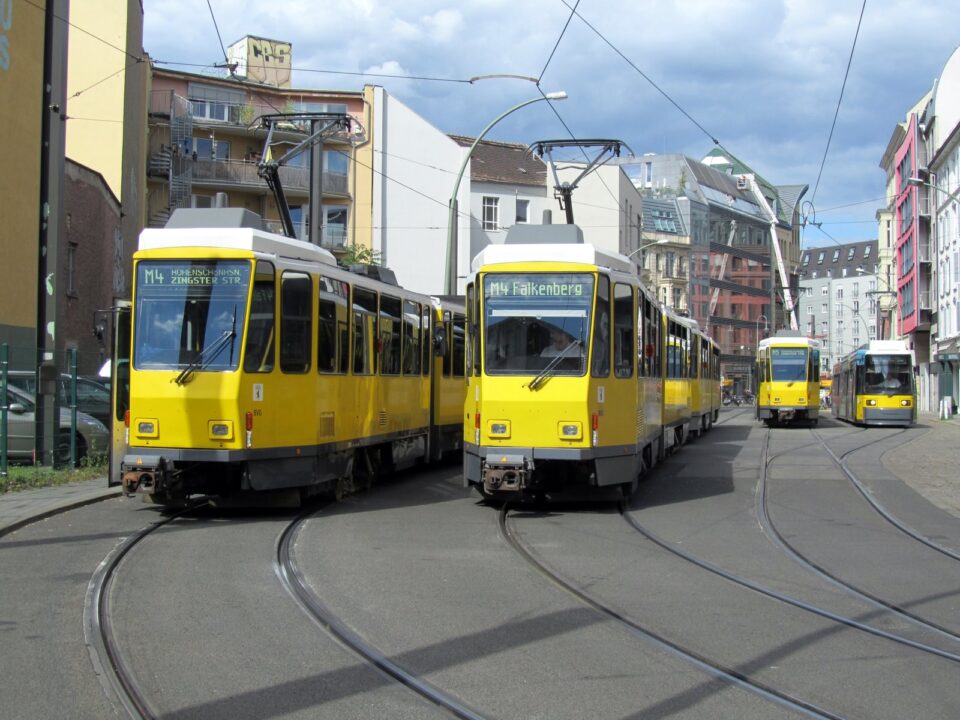Germany’s public transportation system is shut down due to a strike
On Monday, two of the biggest unions in Germany will go on strike, bringing the country’s transportation system to a virtual halt.

Soon after midnight, employees at ports, railroads, buses, and subways began to leave for a 24-hour strike.
In order to help their members deal with the nationwide rise in living expenses, unions are calling for increased pay.
Other public service sectors have staged numerous smaller protests, but the one on Monday will be the biggest in the nation in decades.
The two striking unions are among the biggest in Germany.
Verdi represents about 2.5 million public sector workers, including those who work in airports and public transportation.
Some 230,000 employees of various bus companies and the national rail company of Germany, Deutsche Bahn, are represented by EVG.
They anticipate that it will put further pressure on businesses before Monday’s next round of pay discussions.
According to local media, Verdi CEO Frank Werneke referred to the salary increase as “a matter of survival for many thousands of people.”
He said that the workers were not just underpaid but also grossly overworked.
Verdi is seeking a 10.5% wage increase for employees, while EVG, the other union involved, is seeking a 12% increase.

The plans were denounced by Deutsche Bahn, the country’s primary rail company, who called them “totally exorbitant, groundless, and useless.”
The walkout on Sunday at Munich Airport caused delays to a number of aircraft.
The walkout would affect around 380,000 flight travelers, according to Germany’s airport association, but it was “beyond any imaginable and justifiable measure,” it added.
Employer groups caution that the unions’ unrealistic demands run the risk of alienating the general population.
Yet, some unions have been successful in securing pay raises, such as the postal workers who in early March secured an 11.5% salary increase.




